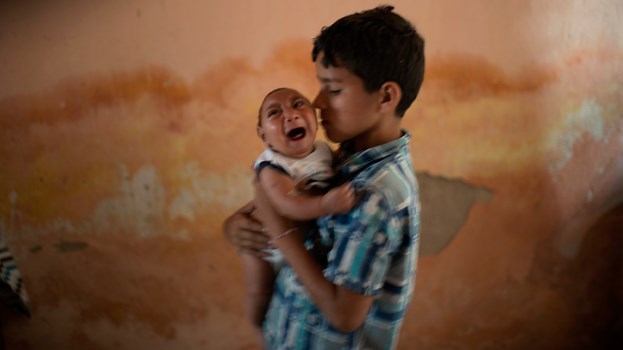CDC/IDCare Live Joint Zika Session
The media is full of Zika news. But, it seems that attention given to the Ebola epidemic far surpassed the concern now being expressed. While Zika virus may not be so deadly, its effects can be far longer lasting. Babies are being born with microcephaly as a result. There is no cure for microcephaly and children born with this disease are sentenced to a life-time of cognitive deficits as well as other problems. Parents are given the hard task of caring for these children and the healthcare system is strained providing medial care for them. Zika virus is spreading and we need answers now.
Zika is a virus spread by bites of infected mosquitoes. Typically, it causes fevers, joint pains, conjunctivitis, headache, muscle aches, and rashes. Usually, it is a self-limited disease and so mild that people rarely seek medical attention for it. In fact, many people do not even realize they are infected with the Zika virus.
The first human cases of Zika occurred in 1952 in the Zika forest in Uganda. Periodic outbreaks were observed since in Africa, Southeast Asia, and the Pacific Islands. Before 2007, there were only 14 confirmed cases of Zika virus. In May 2015, the first case was documented in Brazil. On February 1, 2016, the WHO (World Health Organization) issued a statement that Zika is an international public health concern, with cases being reported in many countries. And this is expected to grow.
Zika is often difficult to diagnose because the symptoms are similar to Dengue and Chikungnuya. Also, the same mosquitoes transmit all these viruses. It is very important that travel history is evaluated in making the diagnosis and knowing whether a patient traveled recently to a high risk area. There are blood tests available that may confirm the diagnosis.
The incubation period of Zika is currently unknown. However, it is estimated to be just a few days. And usually it lasts less than 7-10 days. What is particularly concerning is that sexual transmission has now been observed. This places people anywhere in the world at risk as travelers returning home from endemic areas can transmit the virus to anyone through sexual intercourse.
Another potential complication is Guillain-Barré syndrome although this association is not yet clear. Brazil has noted an increase in the number of G-B cases as the number of Zika infections rise. G-B is a neurological disorder that can lead to paralysis and death. While it is not yet proven, the evidence seems to be mounting.
There is no known treatment for Zika other than supportive care. It is recommended that those infected drink plenty of fluids and take pain medications as needed. The best treatment remains prevention. There is no current vaccine available. Avoiding mosquito bites is imperative. Mosquito breeding grounds should be eliminated. Insect repellent using DEET and proper clothing (ie. Long sleeves and pants) should be worn.
It is clear that more research is needed into Zika virus as well as more education of healthcare professionals and the general population alike. Current studies include vaccines to prevent Zika virus and genetically modifying mosquitoes to make them resistant to carrying these diseases.
Until then, the best way to arm ourselves against this disease is by educating ourselves. The CDC will be holding a talk, in partnership with IDCareLive this Wednesday at 1pm. You can register and attend to learn more: CDC/IDCare Live Joint Zika Session for Healthcare Professionals
 Copyright secured by Digiprove © 2016 Linda Girgis, MD, FAAFP
Copyright secured by Digiprove © 2016 Linda Girgis, MD, FAAFP


